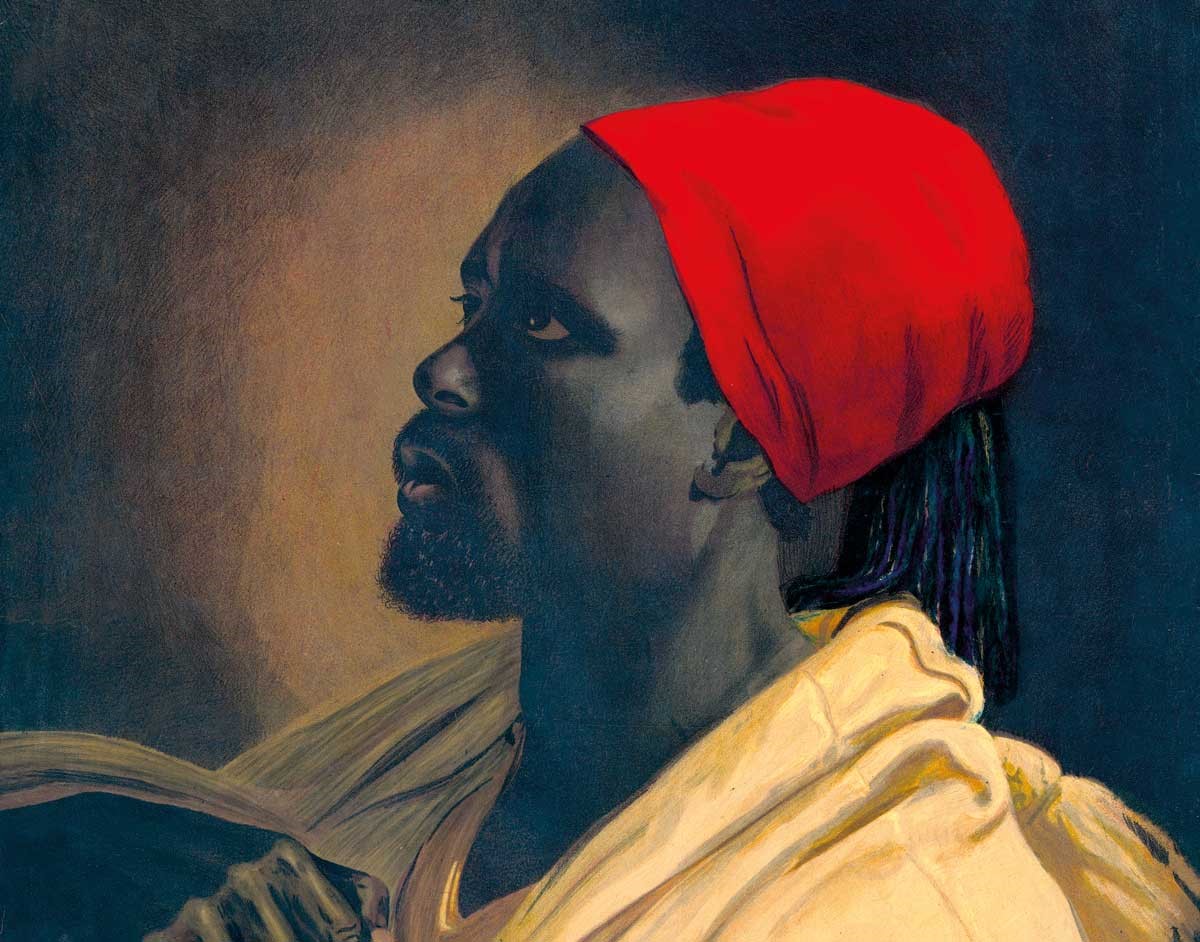
Ever wondered about the man who led Haiti to independence? Toussaint Louverture is a name that resonates with freedom and resilience, but how much do you really know about him? From his early life as a slave to becoming the leader of the Haitian Revolution, Louverture's story is nothing short of extraordinary. Did you know he was also known as the Black Napoleon? That's right, his strategic genius on the battlefield was comparable to the famed French emperor. In this post, we're diving into 15 amazing facts about Toussaint Louverture that will leave you in awe. From his unexpected rise to power to his enduring legacy, get ready to be amazed by the life of this revolutionary hero.
Key Takeaways:
- Toussaint Louverture, a former slave, rose to become a powerful leader in the Haitian Revolution, abolishing slavery and paving the way for Haiti's independence from French rule.
- Louverture's strategic mind and leadership skills, including guerrilla warfare tactics and diplomatic prowess, were crucial in the success of the Haitian Revolution and his rise to power.
Who Was Toussaint Louverture?
Toussaint Louverture, born François-Dominique Toussaint Bréda, was a prominent leader of the Haitian Revolution. His leadership paved the way for Haiti's independence from French colonial rule. Born into slavery on May 20, 1743, in Saint-Domingue (now Haiti), Louverture's intelligence, military prowess, and political acumen enabled him to rise from a slave to a top leader in the colony.
Early Life and Freedom
-
Born into slavery on the Bréda plantation, Toussaint's early life gave little hint of the monumental future ahead. Despite his status, he was taught to read and write, which was uncommon for slaves at the time. This skill proved crucial in his later years.
-
Gained freedom in his early 30s, Louverture's freedom was a turning point. It allowed him to accumulate wealth and social standing, which were instrumental when the Haitian Revolution began in 1791.
Rise to Power
-
Joined the revolution in 1791, not at its inception but after it had been underway. His strategic mind and leadership qualities quickly propelled him to the forefront of the movement.
-
Alliance shifts were a hallmark of Louverture's leadership. Initially allied with the Spanish against the French, he later switched sides to support the French when they promised freedom to the slaves.
Leadership and Achievements
-
Abolished slavery in Saint-Domingue in 1793. This act was a monumental step towards the eventual independence of Haiti.
-
Governor-General of Saint-Domingue by 1801, Louverture had effectively taken control of the island, promulgating a constitution that granted equality and citizenship to all residents.
Challenges and Captivity
-
Conflict with Napoleon Bonaparte arose when the French ruler sought to reinstate slavery in the French colonies. Louverture's steadfast opposition to this plan led to his eventual capture.
-
Imprisonment and death in France. In 1802, Louverture was deceived, captured, and transported to France, where he was imprisoned in the Joux Castle. He died on April 7, 1803, from pneumonia.
Legacy
-
Father of Haiti – Louverture is often hailed as the father of Haiti, having laid the groundwork for the world's first black-led republic and the first independent Caribbean state.
-
Symbol of resistance – His life and struggle have made him an enduring symbol of the fight against oppression and slavery.
-
Influence on abolition – Louverture's actions and the success of the Haitian Revolution had a profound impact on the abolition movements across the globe.
Toussaint Louverture in Popular Culture
-
Literature and film have celebrated Louverture's life and legacy, depicting him as a hero in the fight for freedom and equality.
-
Statues and memorials in his honor can be found in Haiti and beyond, serving as a reminder of his contributions to the fight for liberty.
Toussaint Louverture's Strategic Mind
-
Guerrilla warfare tactics employed by Louverture were instrumental in the success of the Haitian Revolution. His ability to adapt and outmaneuver colonial powers showcased his military genius.
-
Diplomatic skills allowed him to navigate complex political landscapes, securing alliances, and support that were crucial for the revolution's success and his eventual leadership position.
A Final Look at Toussaint Louverture's Legacy
Toussaint Louverture's story is a testament to resilience, intelligence, and unwavering commitment to freedom. His leadership during the Haitian Revolution not only reshaped the landscape of the Caribbean but also left a lasting impact on the fight against slavery worldwide. As a former slave who rose to become a governor, Louverture defied the odds, challenging oppressive systems and inspiring countless generations. His strategic prowess and diplomatic skills were unmatched, turning Saint-Domingue into a beacon of hope for enslaved Africans everywhere. Remembering Louverture means acknowledging the complex layers of his legacy, from his military genius to his vision for a free and equal society. His life reminds us of the power of determination and the enduring fight for justice and human rights. Louverture's story, rich with lessons of courage and leadership, continues to inspire and resonate across the ages.
Frequently Asked Questions
Was this page helpful?
Our commitment to delivering trustworthy and engaging content is at the heart of what we do. Each fact on our site is contributed by real users like you, bringing a wealth of diverse insights and information. To ensure the highest standards of accuracy and reliability, our dedicated editors meticulously review each submission. This process guarantees that the facts we share are not only fascinating but also credible. Trust in our commitment to quality and authenticity as you explore and learn with us.


